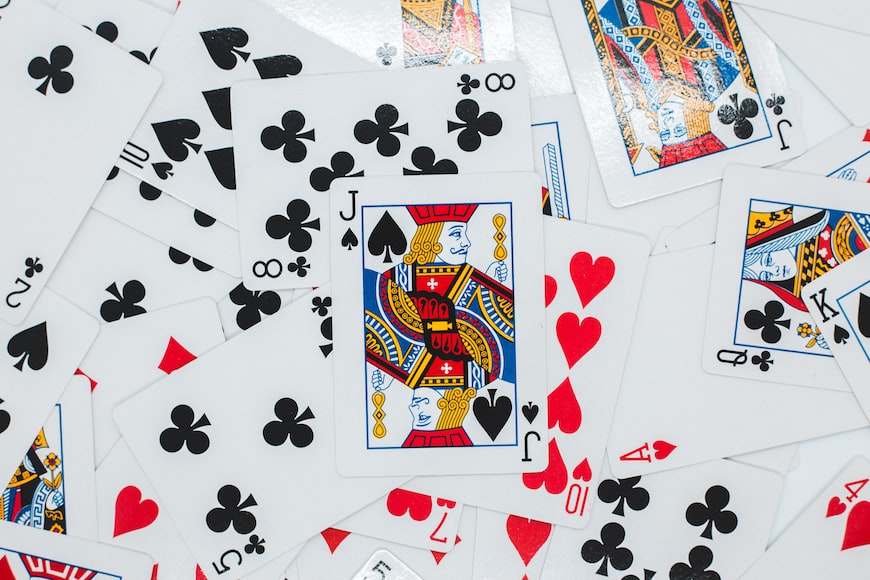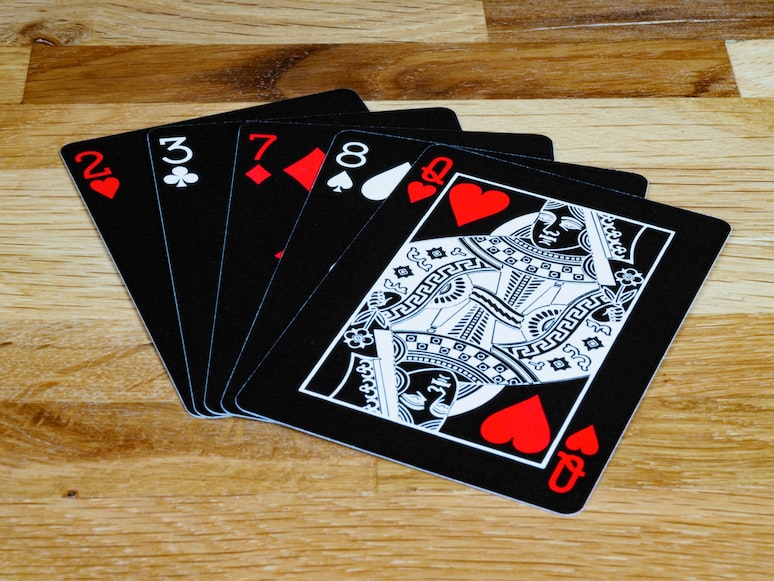In a poker game, the button is a coveted position that grants the player sitting in that seat a strategic advantage over their opponents. As the dealer button moves around the table, so does the opportunity to act last in every betting round.
This can allow players to gather information on their opponents’ actions before deciding, leading to more profitable plays. However, defending the button can be challenging as other players will likely attack this position. This article will discuss some strategies for defending the button in poker, helping you stay ahead of the competition.

Importance of the Button
Suppose you play online poker and analyze your data by position. In that case, you will notice that your win rate improves as your position improves, with the button being the most profitable position. This is especially true when all players have large stacks relative to the blinds. You can significantly increase your win rate by playing the button twice every round.
However, this means players on your left must fold to your raises from the cutoff. If they do, you can raise more often from that position and realize the button’s benefits twice per round. This extra profit must come from somewhere, and it is often at the expense of the player on the button who is not playing aggressively enough.
To defend the button, you must be aggressive and discourage players on your right from stealing it. Ultimately, the button is like a gold mine that you must share with others, but you must also be vigilant in defending it to maximize your profits.
Play With Aggression
To make playing a wide range of poker hands profitable, maintain a high level of aggression. Instead of just calling, you should raise frequently, especially when your opponents limp. The only time it’s okay to limp in is when you have a small drawing hand and are hoping to play a large, multi-way pot. However, in most cases, it’s best to raise and play your hand aggressively.
The reason behind this aggression is to force your opponents into making mistakes. There are several types of errors that you can induce by playing aggressively, such as causing your opponents to chase draws without good odds, causing them to call with weak hands, or making them go on tilt. Being aggressive also provides you with more opportunities to win the pot. By betting frequently, you can hit a strong hand or force everyone else to fold.
Late position is the ideal place to be aggressive because your opponents don’t know what you will do. Their uncertainty creates opportunities for you to profit. Additionally, aggression can help you extract extra value from marginal hands held by your opponents. For example, suppose a player in the middle position has a weak hand like ATo. By betting aggressively, you can often extract two streets of value from them as they wait for a lucky card that may never come.

3-Bet
If you want to stop a player from raising frequently, three-betting is the best way. While playing in position can be profitable, it doesn’t punish your opponent as much because they can still see the flop with their weak poker cards. By three-betting from the button against a wide range of opening hands, you force your opponent to fold or continue playing out of position.
Even if your opponent decides to call your three-bet, it’s a good outcome for you because they’ll be out of position for the rest of the hand. You can also represent a strong hand and use bluffing opportunities to your advantage. A three-bet 2.5 times the original raise is usually enough to apply pressure without risking too much of your chips.
A three-betting strategy in poker involves using suited connectors or weaker hands, which can make strong hands or draws for semi-bluffing if required. This approach should also be employed with genuinely strong hands like A-K and A-A, making it more likely to get more action when re-raising with such big hands, as long as they are played similarly to bluffs.
Punish Poor Players
At the poker table, being aggressive is vital to punish poor players who don’t play well. The most common poor player you want to target is the limper, who likes to call pre-flop raises with weak hands and is often a calling station.
These players want to see as many cards as possible while investing the least amount of money, so your goal as the button is to charge them as much as possible to draw and make them pay for their poor play.
After playing a few rounds at the table, you can identify the limpers. When you have a position, try to play pots with these players alone since their range is usually made up of marginal and weak hands. Even if you don’t have the strongest hand, you can win by being aggressive.
However, be careful when punishing poor players. If you’re up against an actual calling station, don’t bluff. Instead, put in a pre-flop raise with any hand that beats their likely calling range and play straightforwardly after the flop. This will prevent you from wasting money by bluffing players who can’t be bluffed and allow you to extract the most money when you have strong hands.

Call
There are situations when calling is more effective in a poker game. For example, medium pairs such as 7-7 are challenging to play with a three-bet, as re-raising may result in your opponent folding hands that you beat while continuing with hands that beat you. Calling is a better option with medium pairs, as they can still be played post-flop against an opponent’s wide range.
Broadway hands like K-J and A-T, particularly when suited, also tend to play better in single-raised pots. They are strong enough to call a raise from a player with a wide opening range, including many hands you dominate. Re-raising may result in the opponent folding the hands you dominate and continuing with the hands that defeat you.
One disadvantage of calling from the button against a late position raise is that it may encourage a player in the blinds to re-raise you both in a squeeze play. In such situations, avoiding calling too frequently with weaker hands might be a good idea. Instead, consider occasionally flat calling with stronger hands like A-A and A-Ks, to encourage such a move.
Conclusion
Defending the button in live and online poker is a critical strategy for maximizing profits and winning more pots. Whether through aggressive three-betting or well-timed calls, players can take advantage of their position and punish opponents who play poorly. It’s essential to recognize the types of opponents at the table and adjust your strategy accordingly, taking calculated risks while avoiding unnecessary ones.